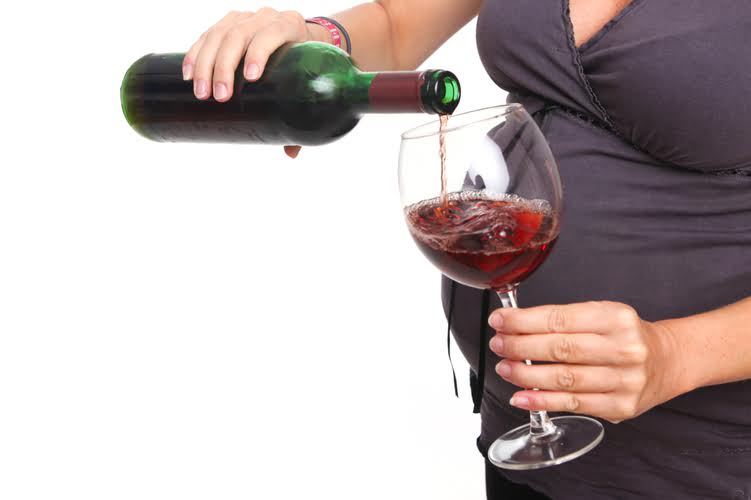Sober living
Alcohol Craving Reduction Methods in Addiction Therapy
Alcohol cravings can be a sign of withdrawal, especially if you have an alcohol dependency. They tend to occur alongside other withdrawal symptoms such as anxiety, irritability and physical discomfort. Families and friends play an important role in supporting a loved one dealing with alcohol cravings. Alcohol alcoholism cravings may indicate a deeper problem that needs professional attention if they occur frequently and become difficult to control. You may need further support if you experience them regularly or find they are disrupting your work and social life. Cutting back on alcohol can have a tremendous impact on your health and happiness.
- Building a healthy routine – a healthy routine provides structure, reduces triggers and builds new habits.
- Alcohol cravings can feel overwhelming, driven by withdrawal, habits or emotional facts.
- Belinda Gordon-Battle is a licensed clinical therapist and life consultant based in Miami while providing therapeutic services across the globe.
Can alcohol cravings indicate withdrawal?
It can be a challenging process that requires dedication, commitment, and hard work. Finding new hobbies or activities to do can be a great way to keep how to stop craving beer your mind off of drinking. When you’re trying to quit drinking naturally, it’s important to find healthy ways to occupy your time and distract yourself from cravings.

Looking for a way to track your urges and cravings?

It also helps untether your brain’s association of certain times of the day, places, and friend groups with the https://ecosoberhouse.com/ act of drinking. According to a 2018 study, routine immersion bathing is mentally and physically more beneficial compared to standing showers. It can help you reduce stress and anxiety, which could also control your alcohol cravings. Many people struggling with alcohol use disorder report intense cravings as a main reason for relapse.
Mindfulness and Meditation
They can be thoughts, feelings, situations or even places that remind you of drinking, or make you want to use alcohol to feel better or cope. If you’re finding it hard to manage cravings on your own, it’s important that you reach out for professional support. With guidance, therapy, medication, and other interventions, recovery becomes easier, safer and more effective.
